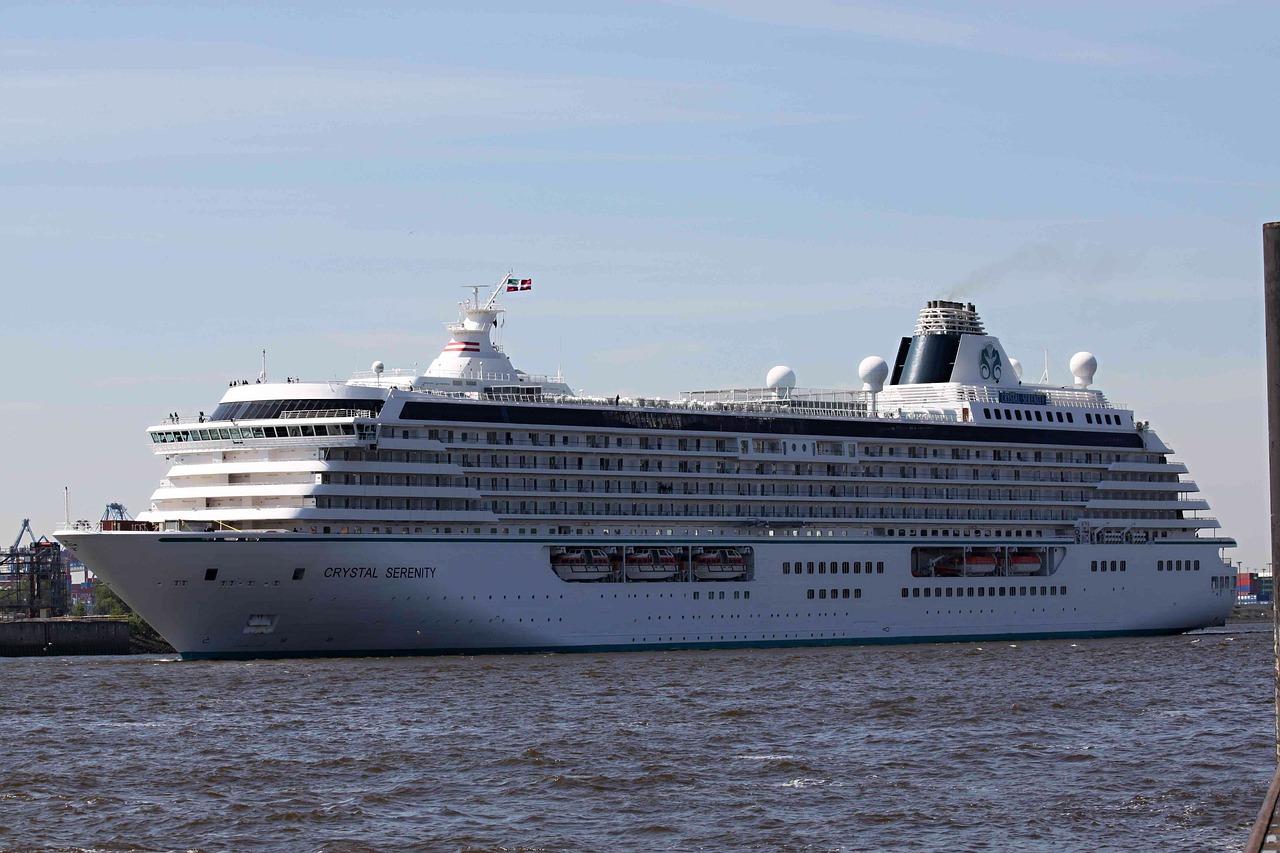
The government of Canada has pledged to take action against cruise ships that engage in environmental pollution practices.
Last Friday, the Canadian authorities banned cruise ships from dumping sewage and dirty water close to shore. Offending vessels will be made to pay fines of up to CA$250,000 ($190,000).
Canadian Transport Minister Omar Alghabra said in a statement that a number of new anti-pollution measures introduced on a voluntary basis in April 2022 will become compulsory with immediate effect.
The new rules will ban the discharge of sewage and so-called greywater – the drainage from sinks, laundry machines, bathtubs, and showers – within three nautical miles of Canadian shores.
“Cruise ships are an important part of our economy and tourism sector, but they need to operate in a more sustainable manner,” Alghabra said.
Cruise ships generate more than C$4 billion a year for Canada’s economy.
Also, ships in non-Arctic waters will have to strengthen the treatment of sewage and greywater dumped between three and 12 nautical miles from the shore. Separate rules already regulate cruise ship pollution in Arctic waters.
“If a vessel is found to be non-compliant during the inspection, enforcement action will be taken as with regulations, including the administration of monetary penalties up to a maximum of CA$250,000,” Alghabra said.
In 2021, environmental groups denounced what they referred to as lax Canadian regulations on the environment, especially offshore. According to these groups, cruise ships traveling to and from Alaska alone had dumped 31 billion liters (8.2 billion U.S. gallons) of inadequately treated pollution into Canada’s Pacific waters in 2019.





